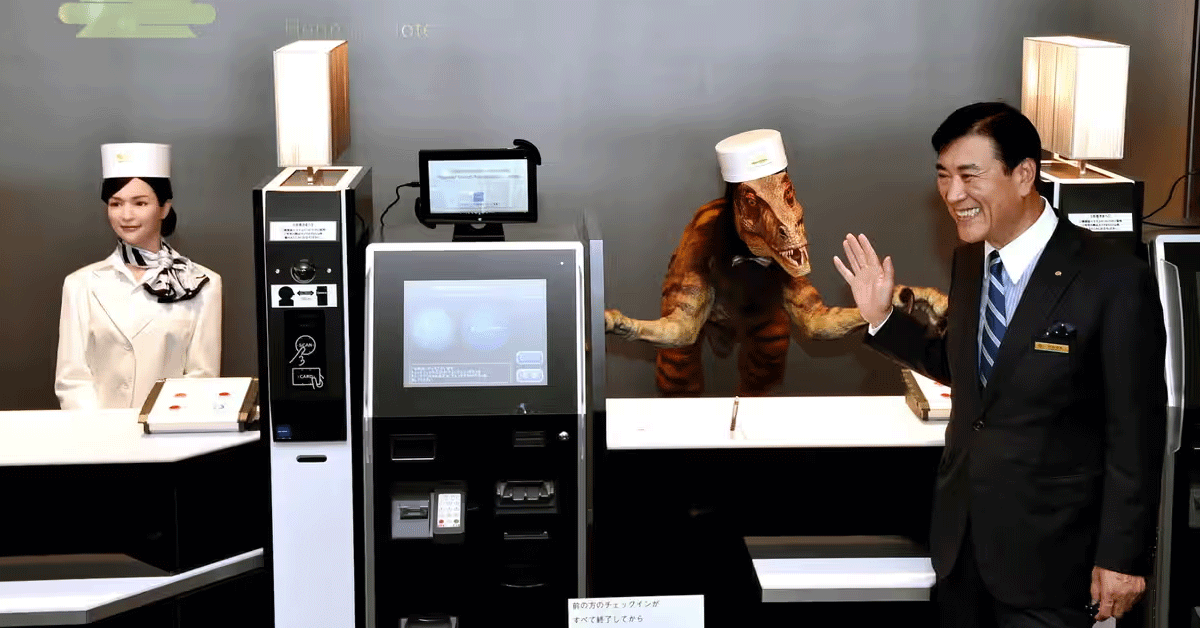Artificial intelligence is impacting everything right now. The travel and hospitality industry is also changing, and as usual, artificial intelligence is reshaping it. With artificial intelligence integration, you could change the way hotels operate, enhance guest experiences, and drive revenue growth.
AI might double our growth rates by 2035, according to a recent report from Accenture. And another study by PwC backs this up, saying that artificial intelligence might sprinkle $15.7 trillion into the global economy by 2030.
Artificial intelligence is already causing seismic shifts in society, and every industry needs to sit up and take notice. But here's the plot twist: with all the good, there's a hint of trouble.
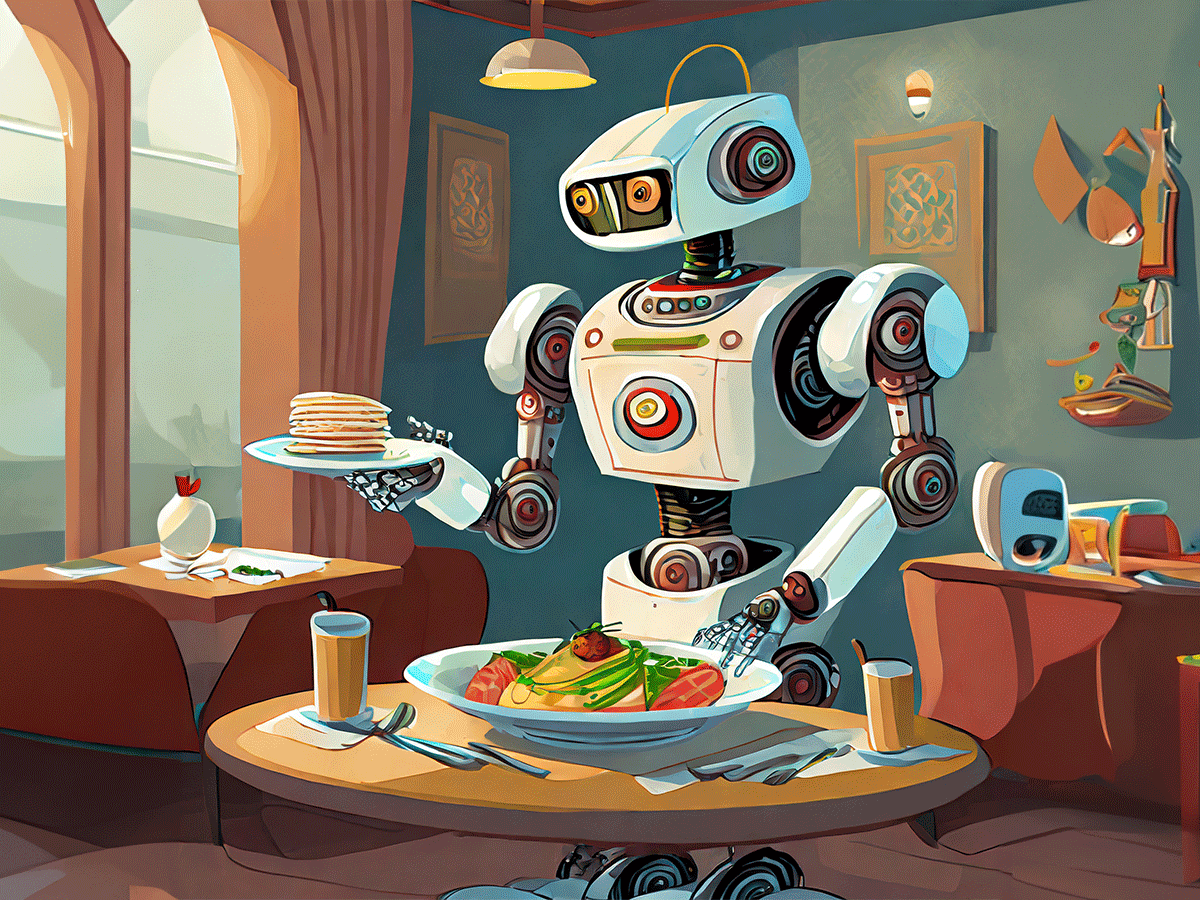
Job displacement is the villain in this story. According to the Organization for Economic Cooperation and Development (OECD), 14% of jobs across 21 countries might bid farewell, thanks to automation.
McKinsey Global Institute predicts up to 800 million jobs might go extinct by 2030, though they assure us new jobs will bloom because of our silicon friends.
How do these intelligence systems affect the travel and hospitality industry? And how is artificial intelligence impacting each department within a hotel, especially in customer experience? Not only is Artificial intelligence gonna help in the hospitality business, but AI can also help with hotel guests & enhance the guest experience.
Artificial Intelligence Landscape In Hospitality Industry
It's very important to recognize and understand that this situation has two facets. Hoteliers who grasp the art of harnessing artificial intelligence tools for enhanced efficiency and effectiveness will witness an increase in their value.
On the flip side, those who neglect to educate themselves might encounter more challenging circumstances. But before looking into that, let me talk about how to foster growth in the travel and hospitality industry through artificial intelligence.

Leveraging Artificial Intelligence Tools for Success
First of all, let me be clear: artificial intelligence is not about replacing your team, at least not fully. It's more or less about giving them superpowers to work more efficiently and effortlessly. artificial intelligence is your tool for enhanced operational efficiency. Hotel operations that used to eat up time automation will save you.
artificial intelligence's role in providing personalized recommendations is where the magic happens. Guests aren't just guests; they're individuals with preferences, and it knows how to cater to them.
And let's talk about the edge you get – the competitive advantage. In the travel and hospitality industry, where every smile matters, imagine having a tool that predicts what causes it. You could even use emotion AI to understand your customers more effectively.
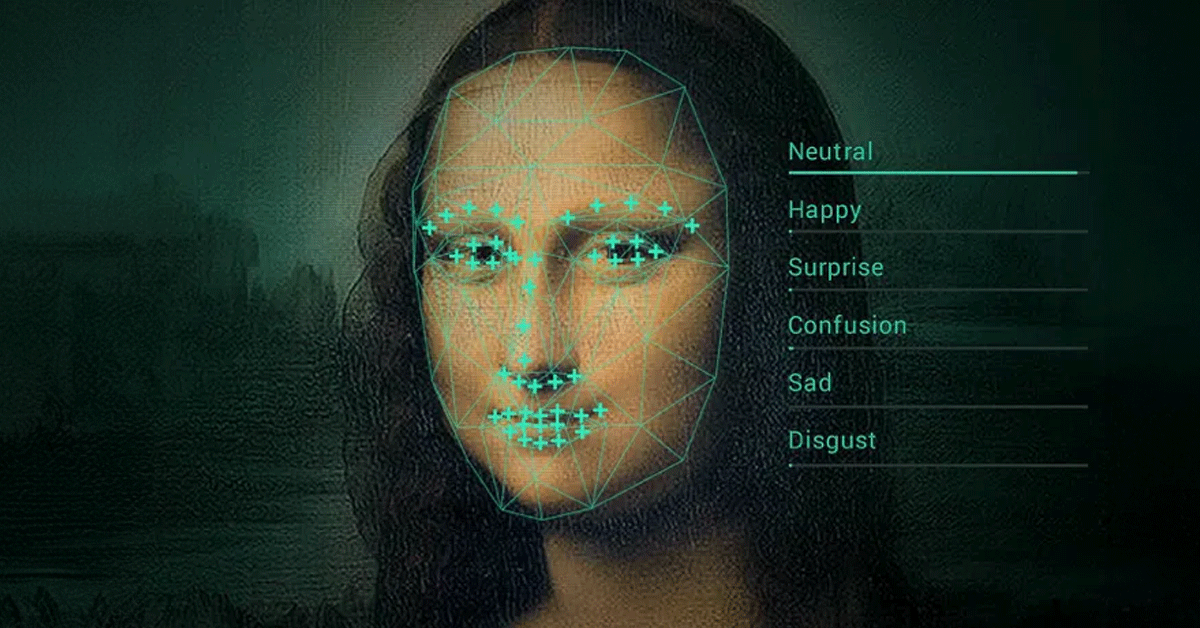
Why Every Hotelier Needs to Understand AI
Emphasizing the AI Journey Understanding
Understanding artificial intelligence in the hospitality industry is now crucial. Think of artificial intelligence as a new language – the more fluent you are, the more you can converse. It's not just about adopting technology; it's about making it a part of your daily lingo.
You don't need to be some sort of tech expert; you just need to know the basics. What's machine learning? How does natural language processing work? These aren't mysteries; they're tools in your toolkit, especially in the hospitality industry.
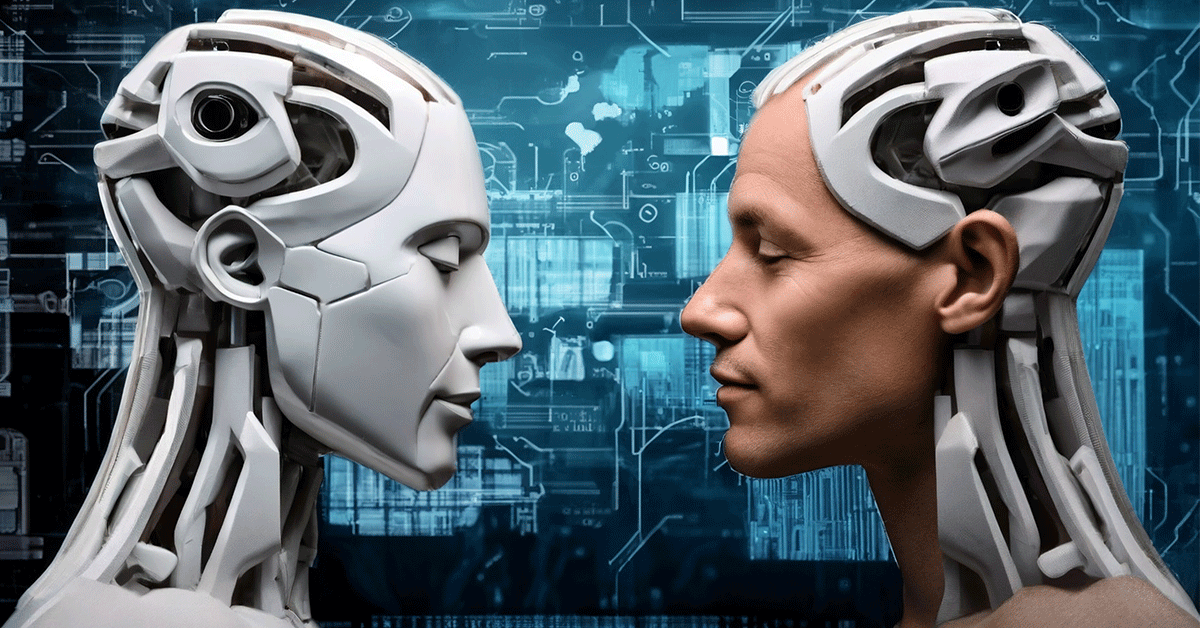
Knowledge Empowerment for Staying Competitive
The hospitality world is changing, and knowledge empowerment is your compass.
Staying competitive isn't about outdoing others in the hospitality industry; it's about outsmarting challenges. artificial intelligence isn't here to replace you but to basically help you out. Use artificial intelligence to give you some hints like "They love a room with a view." etc., so you could suggest one or even interrogate an algorithm to show potential customers some advertisements.
The Potential Consequences for Those Who Don't Educate Themselves
Ignorance might be bliss, but not in the world of hospitality industry, especially in this technological era. There are many sources for education, so there are no excuses. Those who don't educate themselves about Artificial intelligence and how to use artificial intelligence pose more than just falling behind; they risk becoming relics in a fast-paced world.
Imagine a guest asking about AI tools and experiences, and you draw a blank. Not a good look, right? The potential consequences go beyond just outdated practices; it's about losing the race. The hospitality industry is a sprint, not a stroll.
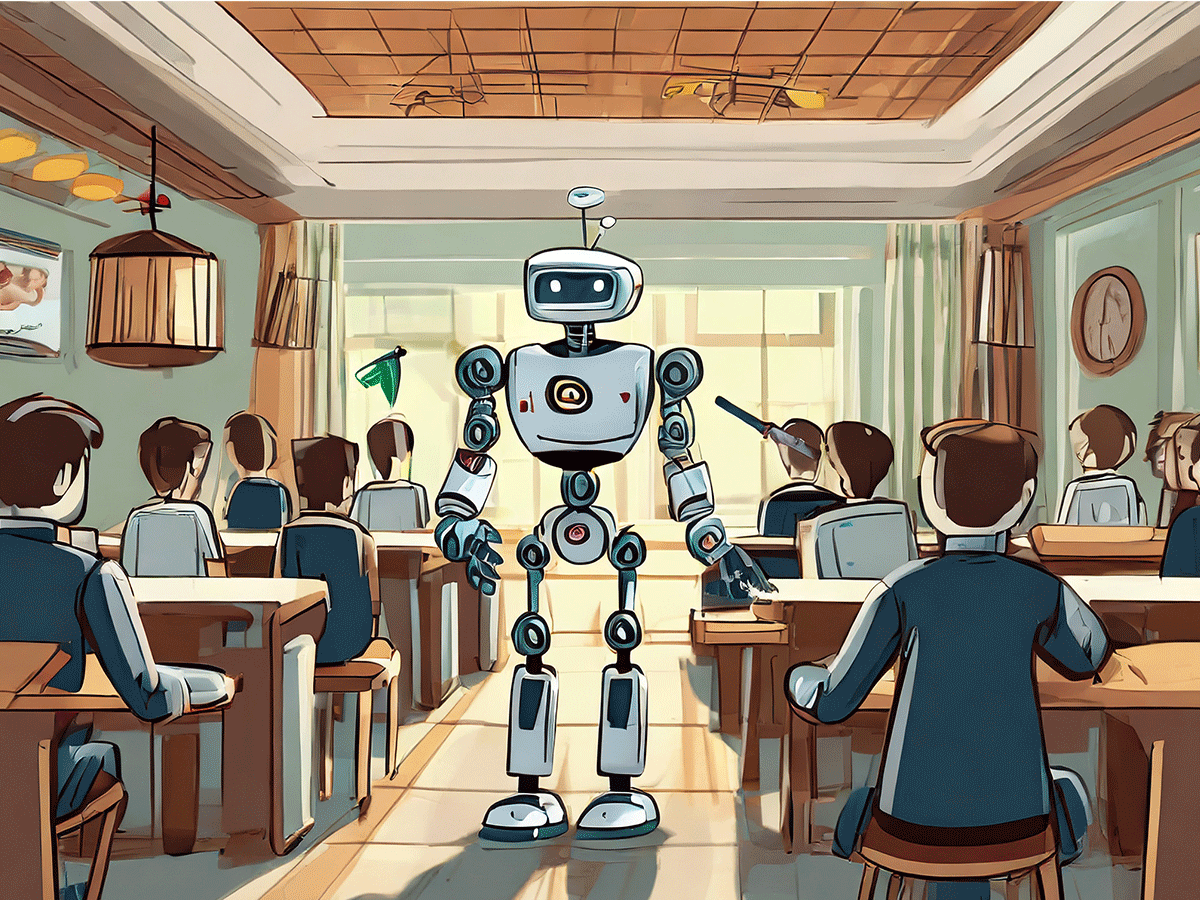
Automation: Efficiency's Best Friend
From sorting data to handling reservations & booking, AI frees you up for what truly matters – creating unforgettable experiences for your guests.
AI-powered chatbots and virtual assistants could handle queries, make recommendations for booking, and leave your guests smiling, giving them the best customer experience ever. Plus, it is like a 24/7 Concierge.
Thanks to sensors and cameras, your hotel spaces are no longer just rooms but intuitive environments. Cameras keep an eagle eye on maintenance needs, while sensors anticipate guest needs.
Optimization of pricing and revenue management through data analysis is another major cool feature to have. AI doesn't just analyze; it predicts, strategizes, and ensures your revenue dance hits all the right notes.
AI's Impact on Hotel Revenue and Sales
With predictive modeling for revenue enhancement, AI analyzes patterns & booking, predicts trends, and guides you in optimizing your revenue streams. Inventory management optimization based on demand forecasting takes the guesswork out of room availability.
Personalization and targeted offers are no longer manual hotel operations; they result from AI's deep dive into guest preferences and previous customer experience. Identifying opportunities for upselling and cross-selling an AI program could help you with that, too.
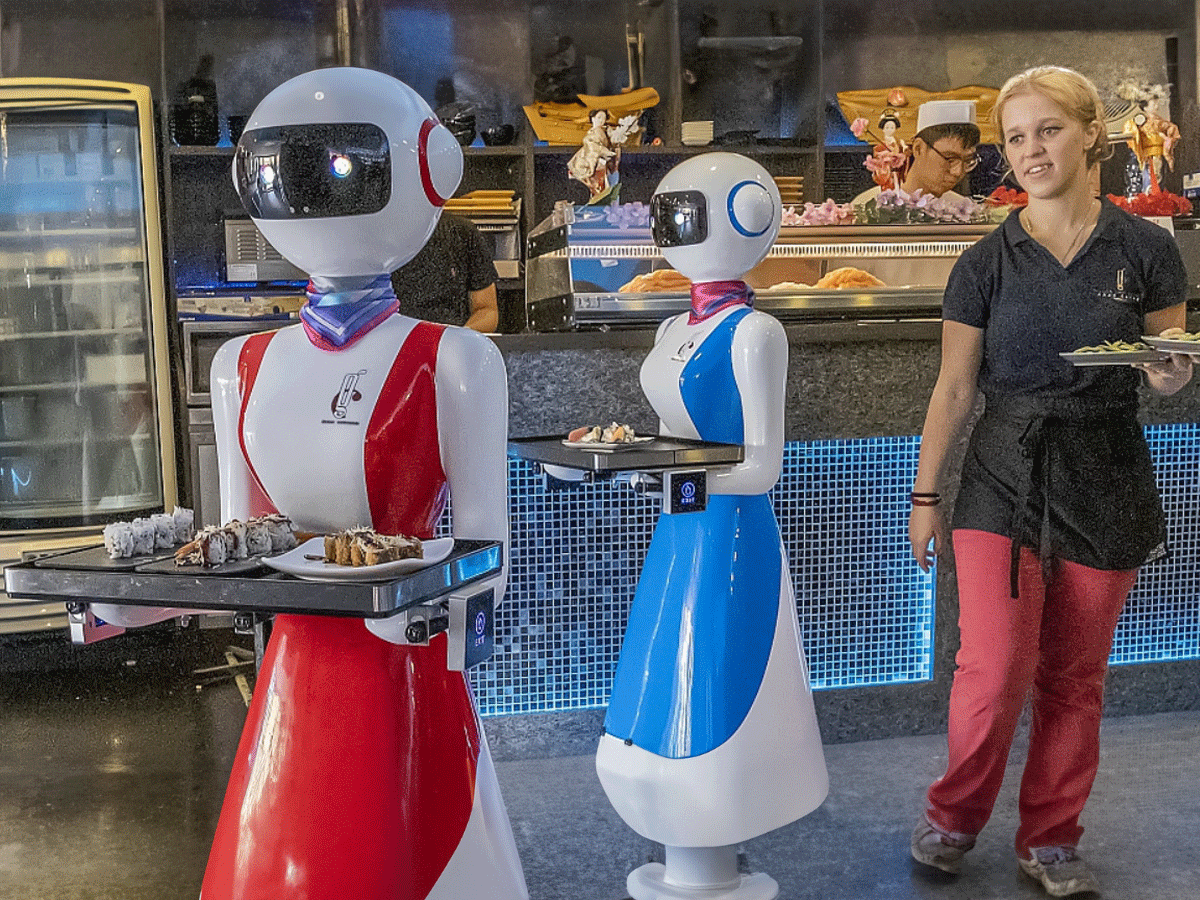
Have you ever dreamt of a marketing assistant that never sleeps? That's AI in action. Targeted and personalized marketing campaigns powered by AI are the secret sauce behind reaching the right audience at the right time.
Automation of data analysis and campaign management means AI analyzing trends and managing campaigns efficiently. Predictive analytics is an effective marketing strategy. The role of chatbots and virtual assistants isn't just about answering queries; it's about personalized engagement.
Predictive analytics extends its reach to group sales. AI-powered personalization for customized sales pitches transforms interactions into memorable experiences. Tracking performance shouldn't be a puzzle. With real-time analytics for performance tracking and improvement, AI turns data into actionable insights.
AI's Impact on Guest Delight
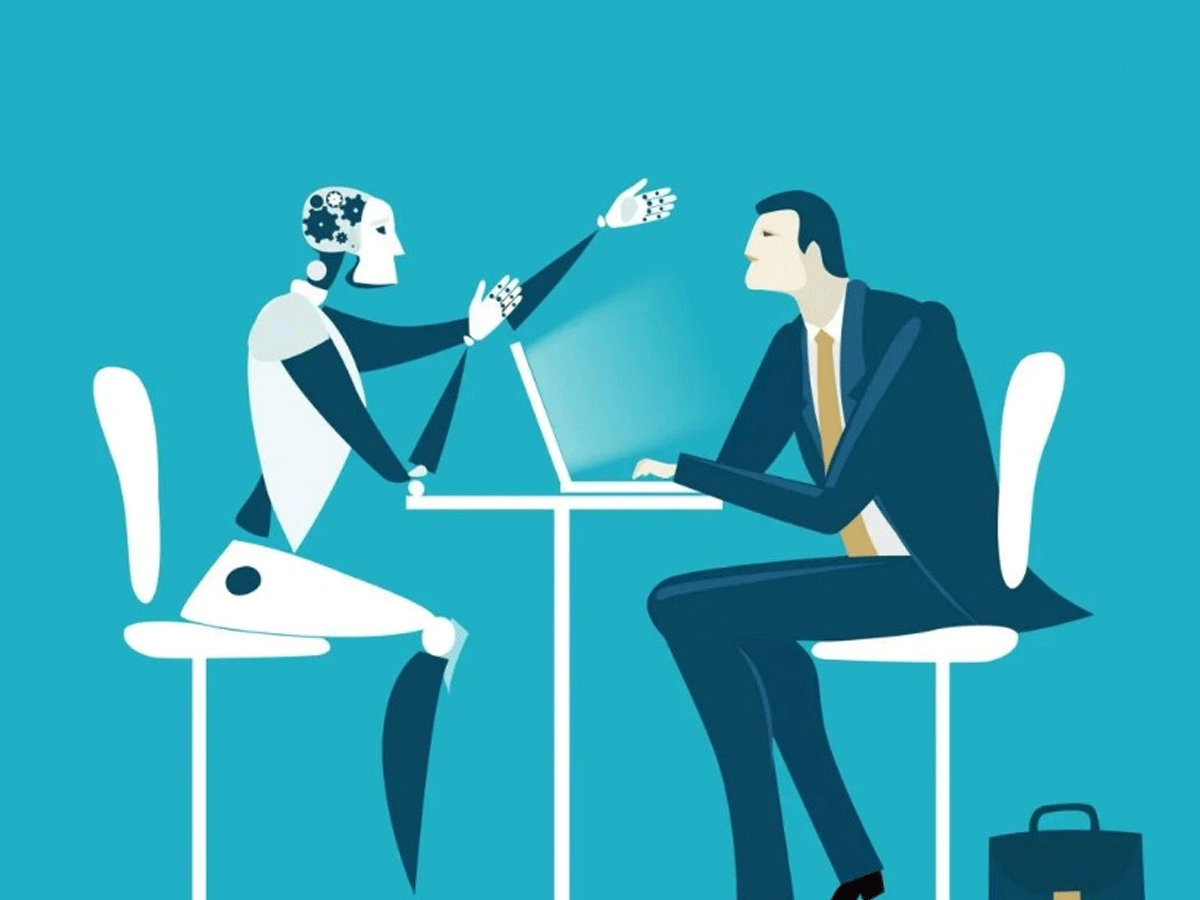
The goal is to revolutionize the customer experience through personalization. But why stop at personalization when you can dive into virtual reality (VR) and augmented reality (AR). Automated check-out for convenience is here. No more waiting in lines or dealing with paperwork.
The Power of AI in Human Resources
In the dynamic world of hospitality, where every smile matters, AI could help you with human resources and labor management. Imagine HR tasks streamlined for ultimate efficiency. No more drowning in paperwork or tedious screening processes.
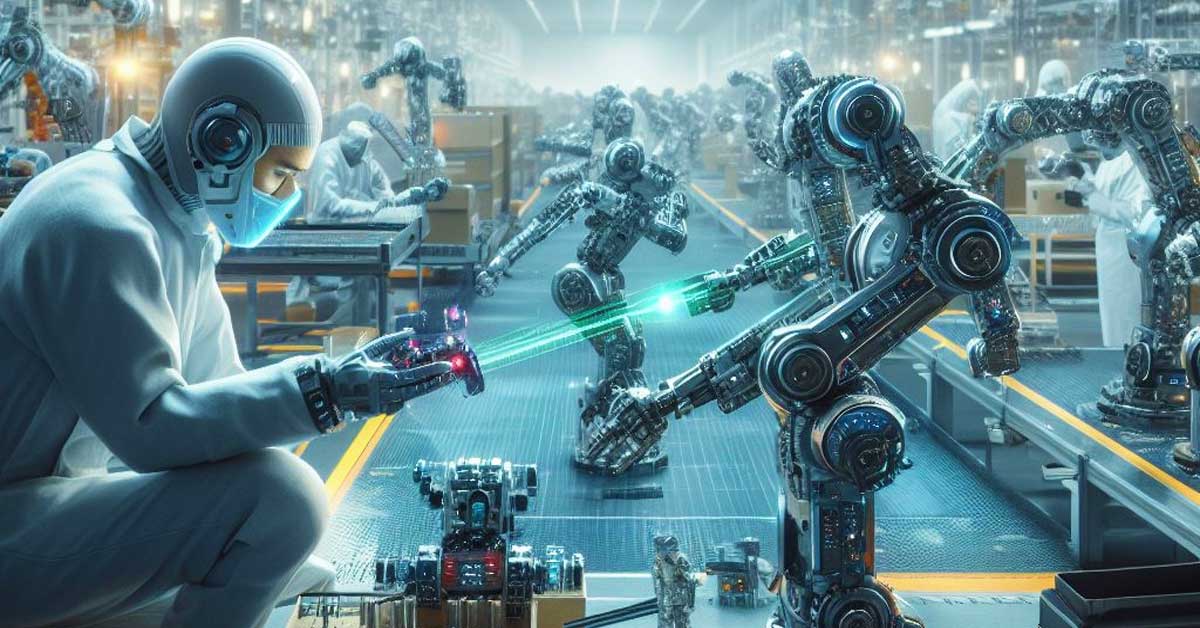
Predictive analytics for forecasting employee behavior takes center stage. Anticipating staffing needs, employee & hotel staff trends, and market shifts become second nature, ensuring your workforce is always one step ahead.
Chatbots and virtual assistants for job applicants—no more radio silence after submitting a resume. artificial intelligence ensures personalized communication, guiding applicants through the process with a friendly virtual assistant.
Now, let's talk about optimizing scheduling and hotel staff management. Gone are the days of manual adjustments and last-minute scrambles. AI analyzes patterns, forecasts demand, and suggests optimized schedules for hotel staff.
Personally, I think artificial intelligence in human resources is a good idea, but it must be done with human oversight. Because we are dealing with human hotel staff, HR is not just another job; it needs a human touch.
The AI Revolution: Tailored for All Hotel Sizes
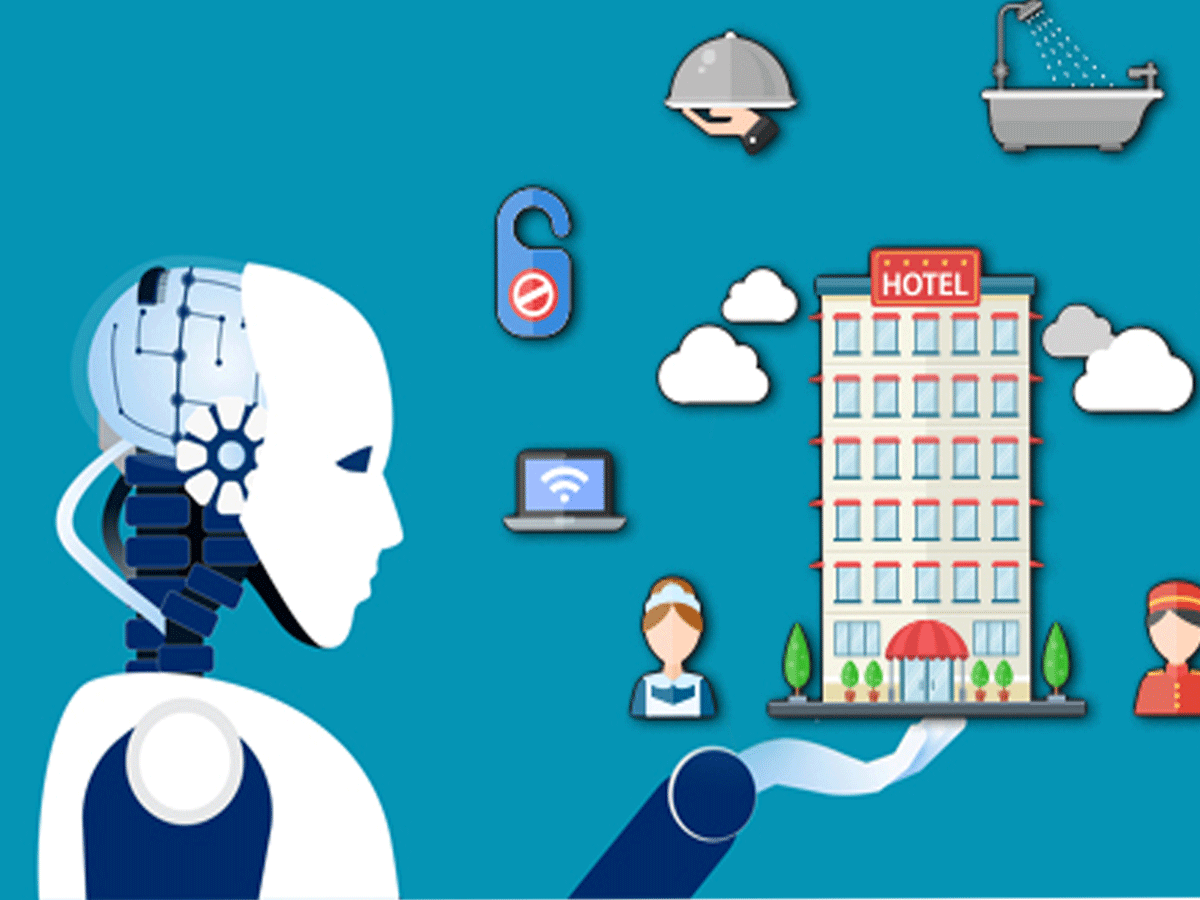
Artificial Intelligence Impact on Large Hotel Chains
Artificial intelligence is your tireless assistant, diving repetitive tasks on a massive scale. From data entry to inventory management, AI ensures these operations are completed and optimized for large-scale efficiency.
But Artificial intelligence doesn't stop there. Through predictive analytics, it deciphers customer behavior and market trends.
With Artificial intelligence, large hotel chains can stay ahead of the curve by adjusting their strategies in real-time to provide an unmatched guest experience.
Enhanced personalization through AI isn't a luxury; it's a necessity. Imagine knowing your guest's preferences before they even arrive. That's the power of Artificial intelligence. There is more like integrating smart room technology and controlling lights, temperature, and amenities – all at the guest's fingertips for unparalleled control and convenience.
Artificial Intelligence Impact on Small Independent Hotels
Can AI make a significant impact here? Absolutely. Start with automation benefits, like predictive analytics. This is reserved for more than large chains. It's about understanding your guests, anticipating their needs, and making informed choices that resonate with their preferences.
Integrating smart room technology doesn't just add a modern flair; it's about control and efficiency. Not all the above-mentioned features could adapt to small hotels as well with a little bit of tweaking.
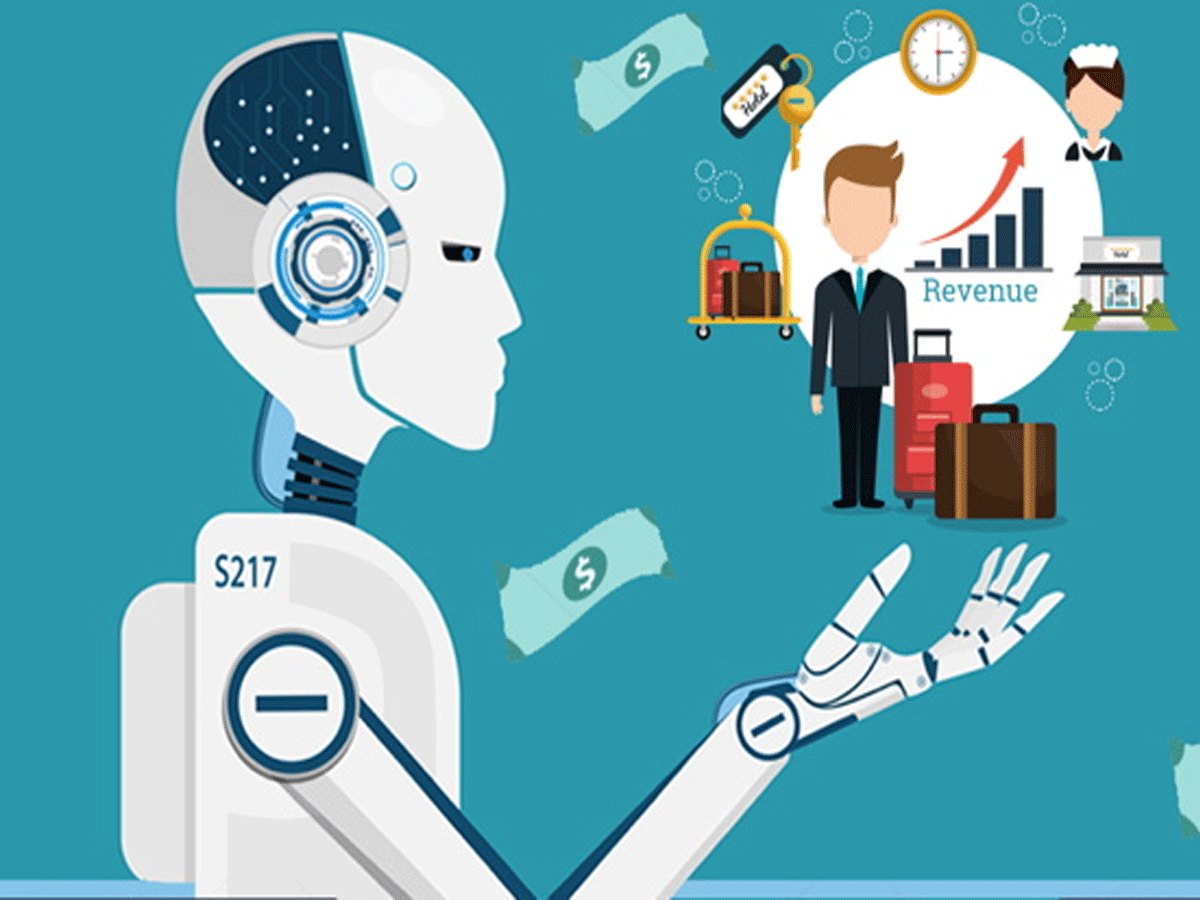
Integrating AI technology has proven to be a transformative force in the dynamic travel and hospitality industry. As hotels harness the power of artificial intelligence, they not only automate operations processes but also revolutionize how guests experience their stay.
The ability to personalize recommendations, tailor services based on preferences, and use AI tools for predictive analytics is reshaping the very essence of the hotel industry.
The potential to reduce costs while improving customer satisfaction is a testament to the far-reaching impact of artificial intelligence in hotel operations. As we look ahead, the hospitality sector stands at the forefront of a technological shift, where the judicious use of AI can provide guests with not just hotel rooms but a personalized journey that transcends expectations.
Let me give you my personal opinion. For me, in the hotel industry, understanding and getting use of the full potential of artificial intelligence is not just an option anymore.
We could say it's a strategic imperative for anyone who wants to in an era where data analytics and guest-centric approaches redefine the standards of excellence and be the best on the industry, So try to use technology as much as you need to improve your business.
